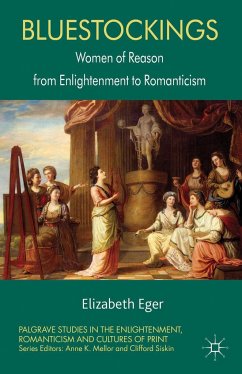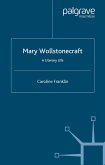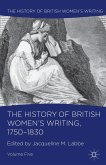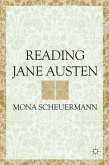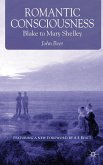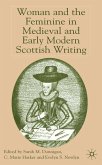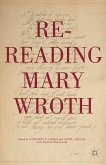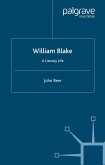This study, now in paperback, argues that female networks of conversation, correspondence and patronage formed the foundation for women's work in the realms of Shakespeare criticism and poetry. Eger traces the transition between Enlightenment and Romantic culture, arguing for the relevance of rational argument in the history of women's writing.
'Eger's meticulously researched discussion of the bluestockings does much to enrich our understanding of women's role in Enlightenment and Romantic culture... it will become an essential text for those studying the blustockings as well as eighteenth-century women writers.' - JoEllen DeLucia, New Books Online - 19
'Eger's Bluestockings: Women of reason from Enlightenment to Romanticism focuses specifically on the contributions of women to a collective female identity and to eighteenthcentury intellectual life...Eger also illuminates the more peripheral contributions that 'bluestocking' women who often were not very interested in publishing their work made to literary culture...Beginning with Montagu's straightforward celebration of the Bard in her Essay on Shakespeare (1769), and ending with Charlotte Lennox's far more critical account in Shakespeare Illustrated (1753 4), Eger shows a rich and varied tradition of female-authored Shakespeare criticism.' -TLS
'Eger's elegantly written study...provides new insights into intellectual women's culture, which emerged at a time when female authorship began to gain recognition but was by no means unquestioned...If much of the fascination intellectual women of past
centuries exude lies in their unusual biographies, in their struggles to overcome societal prejudice, Eger's study proves that is a worthwhile undertaking to track down unremembered publications, forgotten manuscript letters, and neglected visual representations.' - Susanne Schmid, Wordsworth Circle
'In her outstanding Bluestockings: Women of Reason from Enlightenment to Romanticism, Elizabeth Eger takes as her 'central motif' Richard Samuels's painting, The Nine Living Muses of Great Britain' - Studies in English Literature
'Scrupulously researched...thoughtful and considered portrait of the neglected bluestockings, eloquently affirming that they are deserving of our attention and, indeed, our admiration.' - Women: A Cultural Review
'provides insight into Romanticism's struggle with alterity...' - European Romantic Review
'Eger's Bluestockings: Women of reason from Enlightenment to Romanticism focuses specifically on the contributions of women to a collective female identity and to eighteenthcentury intellectual life...Eger also illuminates the more peripheral contributions that 'bluestocking' women who often were not very interested in publishing their work made to literary culture...Beginning with Montagu's straightforward celebration of the Bard in her Essay on Shakespeare (1769), and ending with Charlotte Lennox's far more critical account in Shakespeare Illustrated (1753 4), Eger shows a rich and varied tradition of female-authored Shakespeare criticism.' -TLS
'Eger's elegantly written study...provides new insights into intellectual women's culture, which emerged at a time when female authorship began to gain recognition but was by no means unquestioned...If much of the fascination intellectual women of past
centuries exude lies in their unusual biographies, in their struggles to overcome societal prejudice, Eger's study proves that is a worthwhile undertaking to track down unremembered publications, forgotten manuscript letters, and neglected visual representations.' - Susanne Schmid, Wordsworth Circle
'In her outstanding Bluestockings: Women of Reason from Enlightenment to Romanticism, Elizabeth Eger takes as her 'central motif' Richard Samuels's painting, The Nine Living Muses of Great Britain' - Studies in English Literature
'Scrupulously researched...thoughtful and considered portrait of the neglected bluestockings, eloquently affirming that they are deserving of our attention and, indeed, our admiration.' - Women: A Cultural Review
'provides insight into Romanticism's struggle with alterity...' - European Romantic Review

